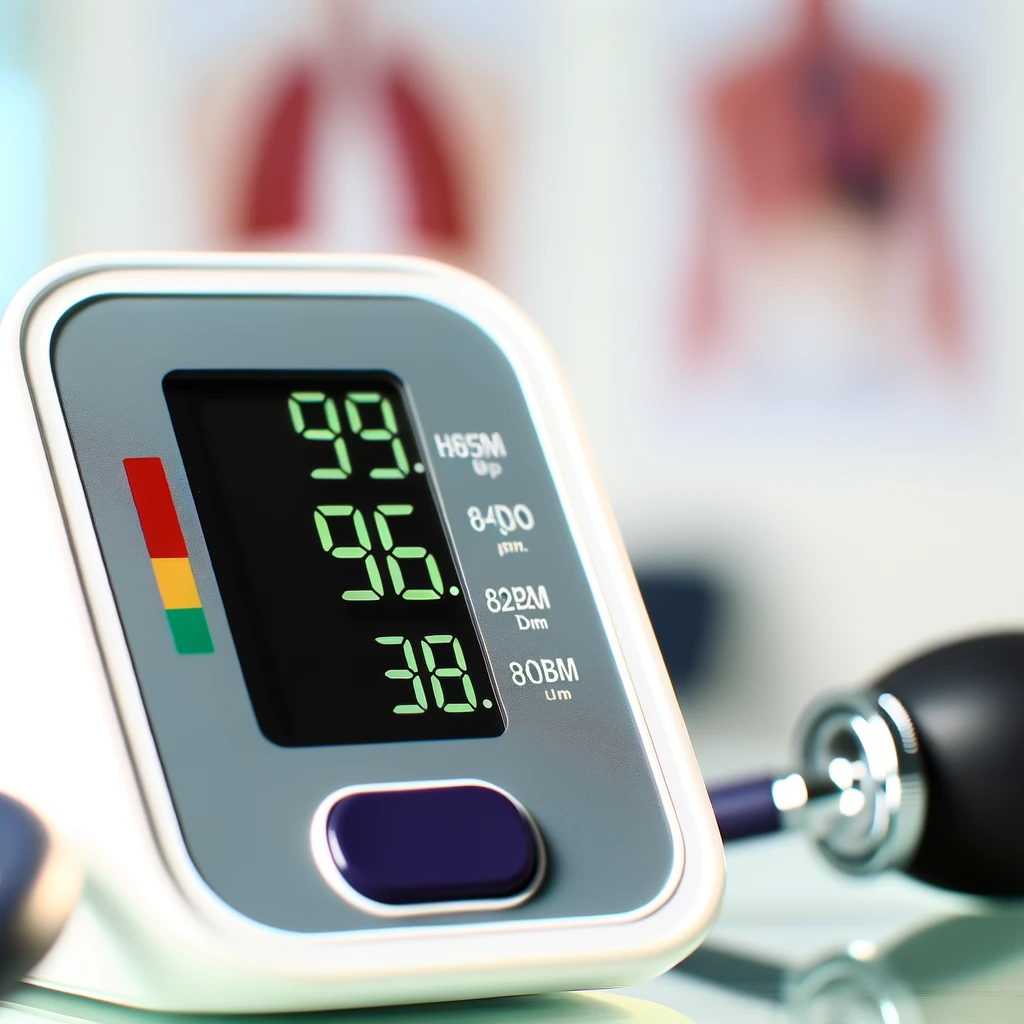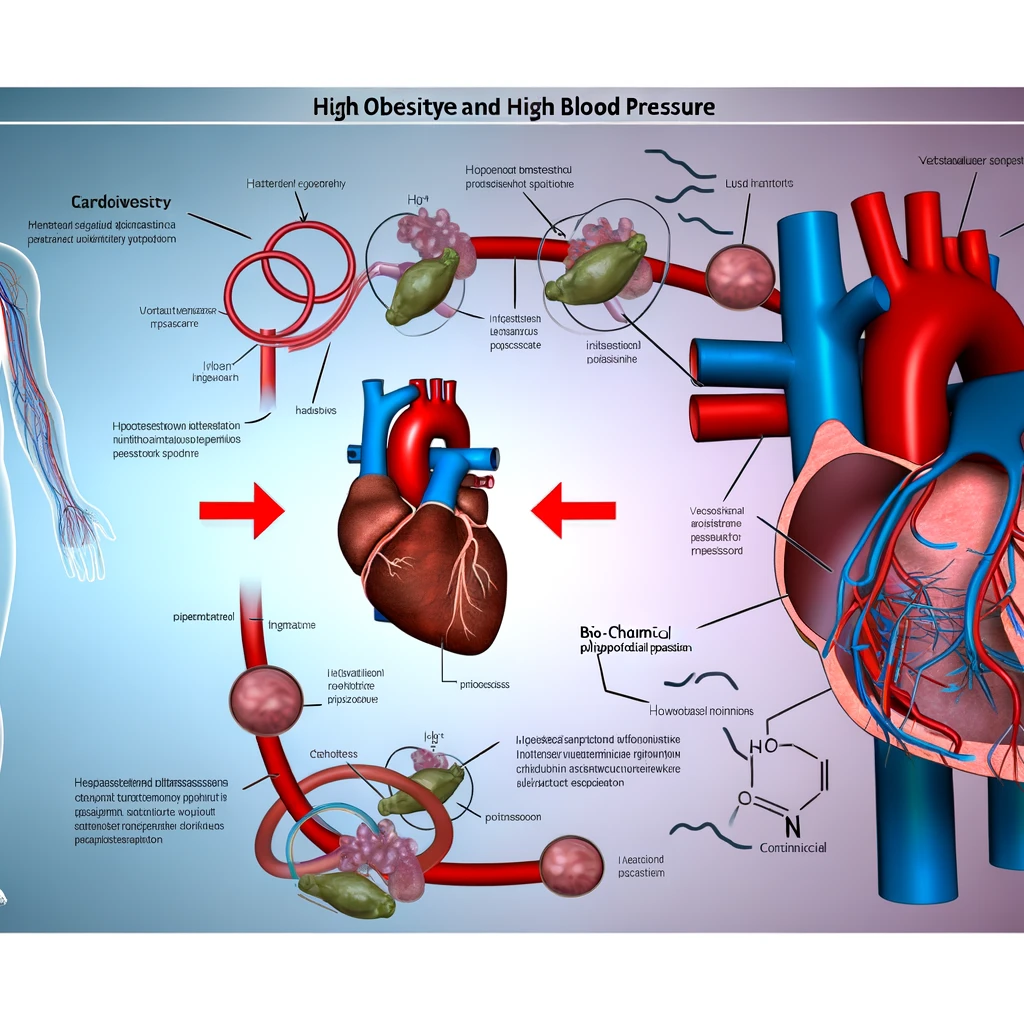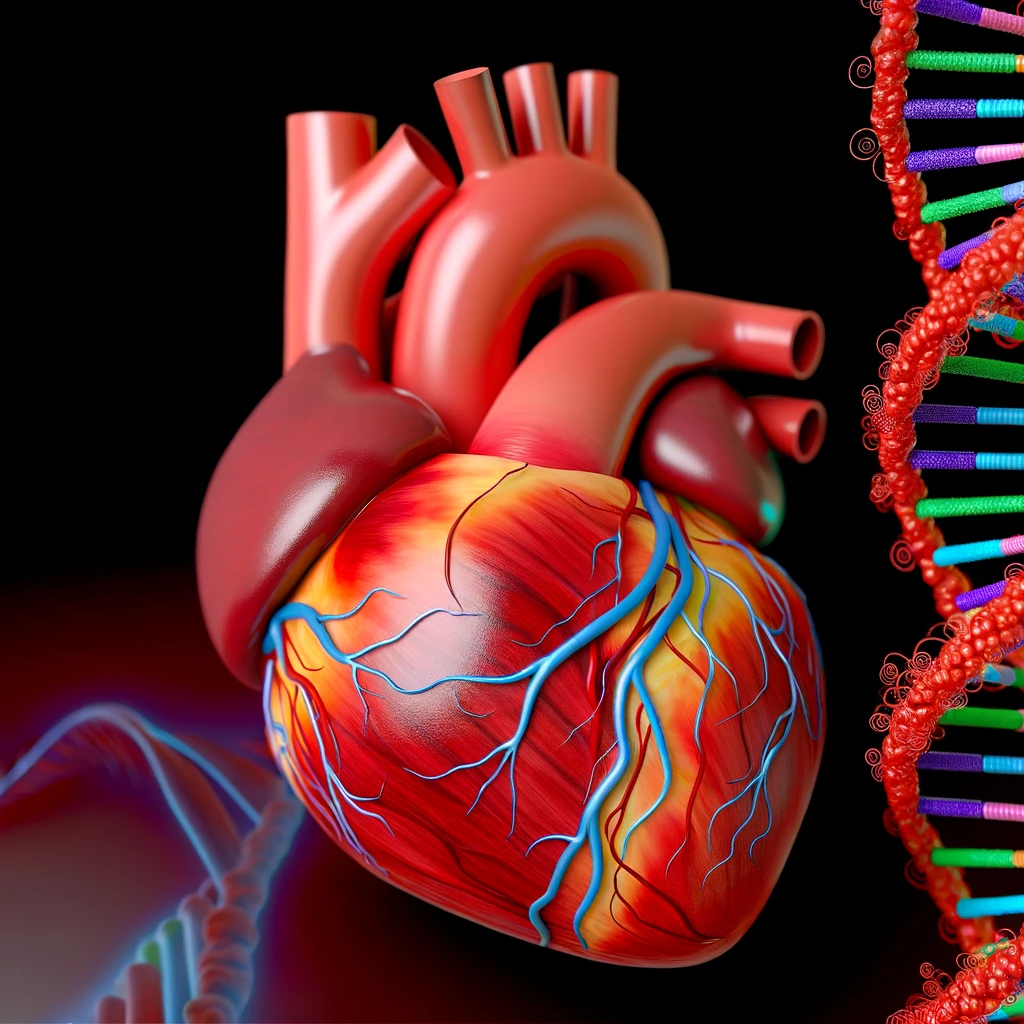Related Articles









Smart watches have become ubiquitous in our daily lives, offering a convenient way to track various health metrics, including heart rate monitoring. But how accurate are these devices in measuring your heart rate? This article delves into the technology behind smart watches, their accuracy, and their implications for fitness tracking.
Smart watches typically use optical heart rate sensors to measure your pulse. These sensors utilize photoplethysmography (PPG), which involves shining a light through the skin and measuring changes in light absorption as blood pulses through the veins. This technology allows smart watches to provide continuous heart rate monitoring.
The accuracy of heart rate measurements can be affected by skin tone and tattoos, as they may interfere with the sensors' ability to accurately detect blood flow.
Ensuring that the watch fits snugly on your wrist is crucial for accurate readings. A loose-fitting watch may produce erratic results, while the ideal position is typically on the top of your wrist, just behind the wrist bone.
While smart watches generally provide accurate heart rate readings during rest and low-intensity activities, high-intensity exercises can sometimes lead to less reliable results due to rapid movements and sweat.
It's important to note that while smart watches are increasingly accurate, they are not substitutes for medical-grade equipment like chest strap monitors or electrocardiograms (ECGs). These medical devices are designed for precise heart rate monitoring and are often used in clinical settings.
Despite some limitations, smart watches play a significant role in promoting healthier lifestyles by providing users with valuable insights into their daily activity levels. Users can track their heart rate trends over time, set fitness goals, and receive alerts for abnormal heart rates, potentially identifying health issues early.
Smart watches have revolutionized the way we monitor our health, offering a convenient and reasonably accurate method for tracking heart rate. While not a replacement for professional medical devices, they provide users with a wealth of information to help maintain a healthier lifestyle. As technology continues to evolve, the accuracy and capabilities of smart watches are likely to improve, making them an even more valuable tool for personal health management.